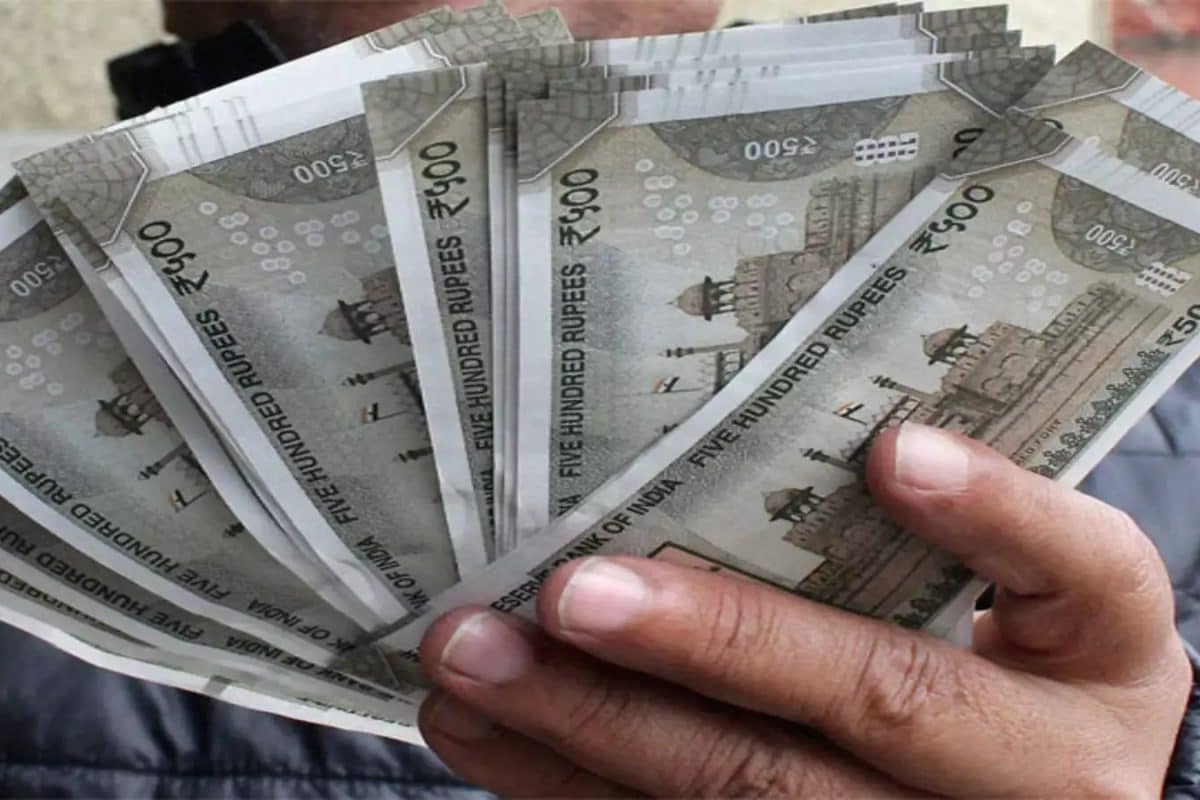

Starting July 1, 2025, a series of financial rule changes will take effect, impacting various aspects of personal finance, banking, and taxation in India. These changes span across mandatory Aadhaar verification for PAN applications, revisions in credit card rules and banking charges by major banks, and alterations in regulations for Tatkal train ticket bookings. It's crucial for individuals and businesses to stay informed to ensure compliance and avoid potential disruptions.
Aadhaar-PAN Linkage and PAN Applications
The Central Board of Direct Taxes (CBDT) has mandated Aadhaar verification for new PAN card applications starting July 1, 2025. This move aims to enhance tax compliance and promote digital integration. Previously, a valid ID and birth certificate were sufficient to obtain a PAN. For those who obtained their PAN using their Aadhaar enrollment ID before October 1, 2024, linking PAN with Aadhaar is free until December 31, 2025. Failing to link PAN with Aadhaar can lead to a penalty of ₹1,000 and a higher rate of TDS/TCS. After May 31, 2024, unlinked PAN cards become inoperative, preventing individuals from filing income tax returns or claiming refunds.
Income Tax Return Deadline Extension
The CBDT has extended the income tax return filing deadline for Assessment Year 2025-26 to September 15, 2025, providing an additional 46 days beyond the original July 31 deadline. Taxpayers are advised to file early to avoid last-minute complications.
Credit Card and Banking Updates
Several banks, including SBI, HDFC Bank, and ICICI Bank, are implementing changes to their service charges and credit card rules.
Tatkal Ticket Booking
Starting July 15, 2025, Aadhaar-based OTP authentication will be mandatory for online Tatkal train ticket bookings. This applies to tickets booked via the IRCTC website or mobile app. Agents will be restricted from booking Tatkal tickets in the first 30 minutes of the booking window to curb fraudulent bookings.
Regulation CC Amendments
Regulation CC mandates adjustments to dollar thresholds every five years based on the Consumer Price Index for Urban Wage Earners and Clerical Workers (CPI-W). Effective July 1, 2025, the threshold for next-day availability of funds from certain check deposits will increase from $225 to $275. The threshold for new account holds and large deposit exception holds will also rise from $5,525 to $6,725.
GST Return Filing
The Goods and Services Tax Network (GSTN) announced that the monthly GST payment form GSTR-3B will become non-editable from July 2025. Taxpayers will not be allowed to file GST returns after three years from the due date.
State Tax Changes
Several states are implementing tax changes effective July 1, 2025. Illinois is increasing taxes on sports wagering licensees. New Jersey is eliminating the sales tax exemption for zero-emission vehicles and raising the registration fee for electric vehicles. New Mexico will increase its cannabis tax rate from 12% to 13% as part of a multi-year phase-in. New York is increasing the payroll tax on large employers within the Metropolitan Transportation Authority area.
Staying informed about these financial rule changes is essential for individuals and businesses to ensure compliance and effectively manage their finances.